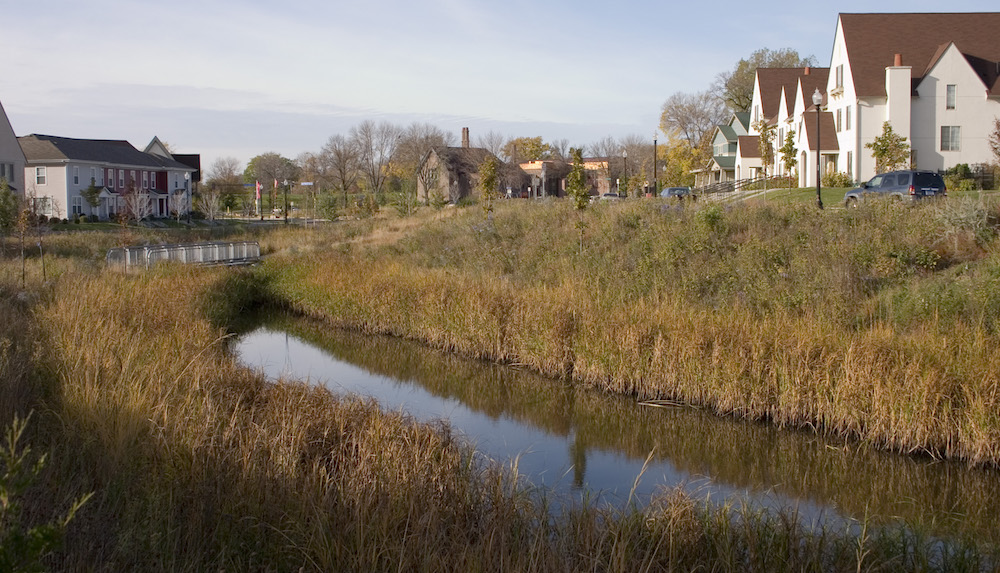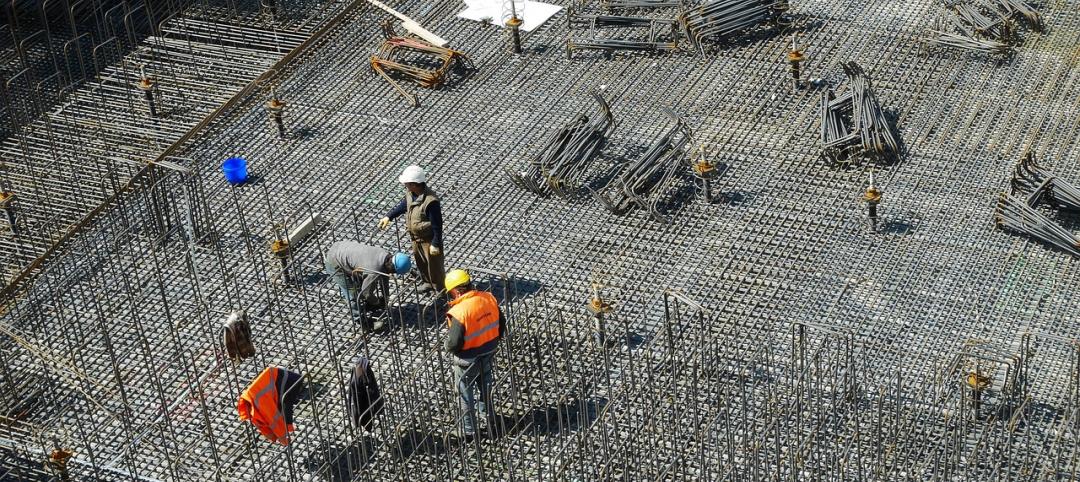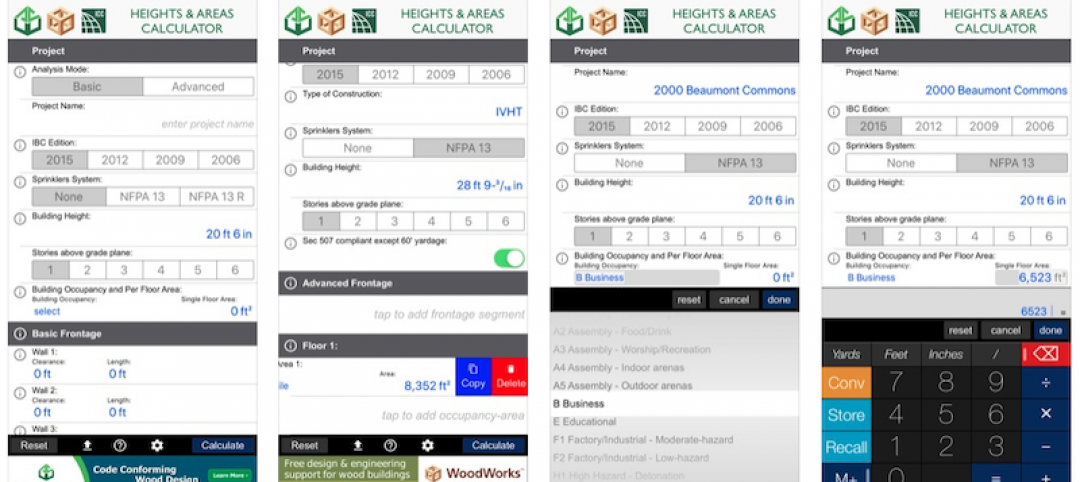The Environmental Protection Agency’s has proposed new National Pollution Discharge Elimination System (NPDES) general permit requirements regulating stormwater discharges from construction activities.
The proposal applies to construction sites of one or more acres, or less than one acre, but part of a larger development. The proposal would:
- Prohibit hazardous substances, such as paint or caulk containing polychlorinated biphenyls (PCBs) from authorized non-stormwater discharges of external building washdown waters.
- Require permittees to include the EPA’s contact information in public notices that are already required to be posted in a prominent location near construction sites.
- Require permittees to cover or use another method of temporary stabilization for inactive soil stockpiles and land clearing debris piles where the piles will be unused for 14 or more days.
- Require permittees to keep waste container lids closed (or provide some other secure cover where containers do not have lids).
- For demolition of structures with at least 10,000 sf of floor space built or renovated before 1980, require permittees to implement controls to minimize the exposure of PCB-containing building materials to precipitation and stormwater.
- Require permittees to state on their Notice of Intent (NOI) form the type of construction activities that will be involved.
These potential permit changes could significantly increase the time, effort, and resources required to comply with stormwater management obligations, according to an article by the law firm Dykema, Gossett PLLC.
Related Stories
Codes and Standards | Sep 19, 2019
Obama-era Waters of the U.S. rule revoked
New rule expected to define protected waterways more narrowly.
Codes and Standards | Sep 17, 2019
California will enact rent cap bill limiting rent increases to 5% plus inflation
Applies to apartments built at least 15 years ago.
Codes and Standards | Sep 17, 2019
Zero energy buildings can be constructed with no added upfront cost
ROI can be realized in as little as one year.
Codes and Standards | Sep 13, 2019
Researchers use U. of Arkansas buildings as testbed for CLT panels
Investigation could influence future use of the materials.
Codes and Standards | Sep 13, 2019
At least 30 U.S. cities have adopted stricter building energy codes since 2017
Some followed their states in implementing more robust standards.
Codes and Standards | Sep 12, 2019
Illinois law sets maximum retainage on private projects
The change is expected to give contractors bigger checks earlier in project timeline.
Codes and Standards | Sep 10, 2019
Retreat may be the best option for some coastal communities in face of sea level rise
A new study makes the case for relocating in a "strategic, managed" manner.
Codes and Standards | Sep 9, 2019
Free app calculates maximum allowable heights and areas for buildings
A free app that calculates the maximum allowable heights and areas for buildings of various occupancy classifications and types of construction has been released.
Codes and Standards | Sep 6, 2019
Standard for assessing frame deflection using one component polyurethane foams updated
The standard offers guidance when installing fenestration products.
Codes and Standards | Aug 29, 2019
The high cost of gridlock: $166 billion per year
Growing economy means more jobs, more cars, more hours stuck in traffic.

















